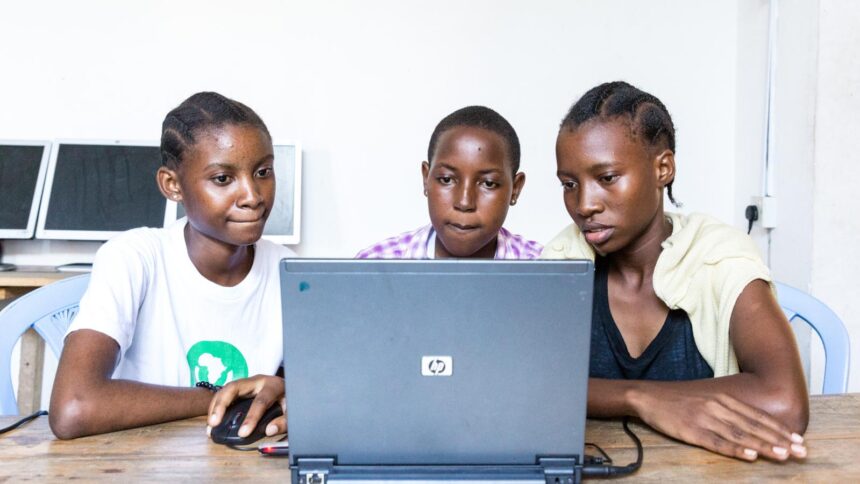By Ewuranna Smith-Quayson
Women dominated the computing and tech industries up until the early 90s, not just as secretaries but as programmers, in the days where programming was done on paper before it was ran through machines. Marie Hicks ,a historian of technology, shares insight on women in computing and the evolution:
“In the 1950s and 1960s, computer programming was decidedly women’s work, but as the 1960s stretched on, women started to be replaced by men and not just by men, by management-level technocrats. The gender of the field flipped because women were pushed out not because they didn’t have the tech skills; many women found themselves in the position of training their male replacements. Not all of the women who were pushed out of the workforce stopped working in computing, however. Dame Stephanie Shirley, who back then went by the moniker Steve, actually started her own freelance software company; and Shirley had an explicitly feminist business model. At this point in time, most programming was done with pencil and paper before being run through a machine, so Stephanie Shirley’s workers could work from home and they could have flexible hours that allowed them to take care of children and families.
One of these workers, Ann Moffatt, programmed the black box flight recorder for the concorde and you can see her programming at her kitchen table while her young daughter looked on. But many other women just left the field entirely. This produced an enormous skills shortage and a huge labour shortage meaning that the people available
to do the important work of computerisation were suddenly too few in number. As a result of this, the British government decided that they needed to change the design of the computers that they were using since there weren’t enough people to run them, they would concentrate and centralize computers. In conjunction with the Ministry of Technology, the British government forced a merger of all of the remaining successful computing companies and this created one big company (International Computers Limited- ICL) that was supposed to provide the government and the entire nation with the kind of huge centralised mainframes that could be run by the small number of technocrats who were now remaining. The problem with this, however, is that by the time the machine was delivered the mainframe was on the way out. And even though ICL’s line of computers was highly technically advanced it wasn’t something anyone wanted to buy anymore. This effectively destroyed the British computing industry and today, we see similar things going on. Discrimination continues to wreck high-tech economies and high-tech labour markets and the results reverberate out into the rest of society. Right now, we see in the United States, Silicon Valley having a day of reckoning in terms of how they hire, promote and decide to design their technologies. All of the talent that is lost hurts the industry and hurts the economy but what’s more important is that these people lack a voice in designing critical infrastructure that we’re all going to have to live with. It can undermine the principles of democracy. By looking at examples from the pasts, we can find out not just how to build better technologies, but how to construct fairer societies.”
Women were pioneers in computer programming, the majority in the industry at the time even. Where did all the female technocrats go then? If women in the 50s and 60s were able to juggle families and computer programming, it goes to show that women now are just as able to do same. According to the World Economic Forum (WEF) Global Gender Gap Report, women are still under-represented in engineering and ICT. We need to encourage more women to explore their desires to build, develop,test and solve problems; traits that are essential in the workplace.
Codewit is training 50,000 new developers in Africa over the next ten years for free and we hope that women would make up 50% of this 50,000 people being trained. The intensive and practical system trains, incubates and provides full or part-time employment for the best students.
Encourage a woman to read more about and sign up for this on the Codewit website or call +233245600275 / +233202729121 for inquiries.
Are you looking to sponsor some women to get trained? Read more about how you can do that here . Let’s encourage and support women, especially women in Africa!







